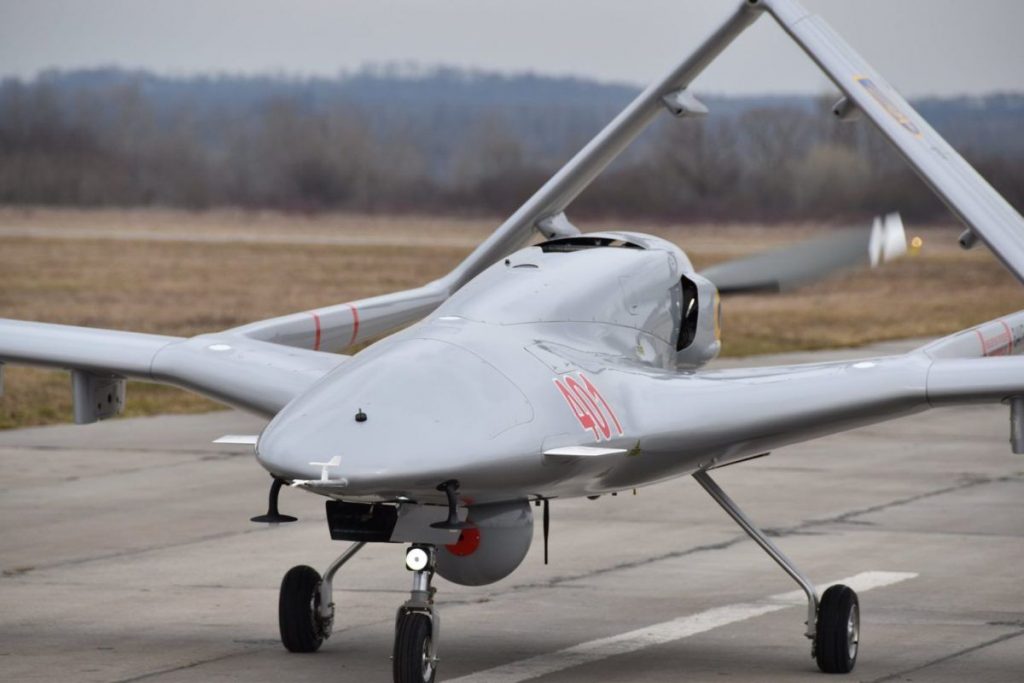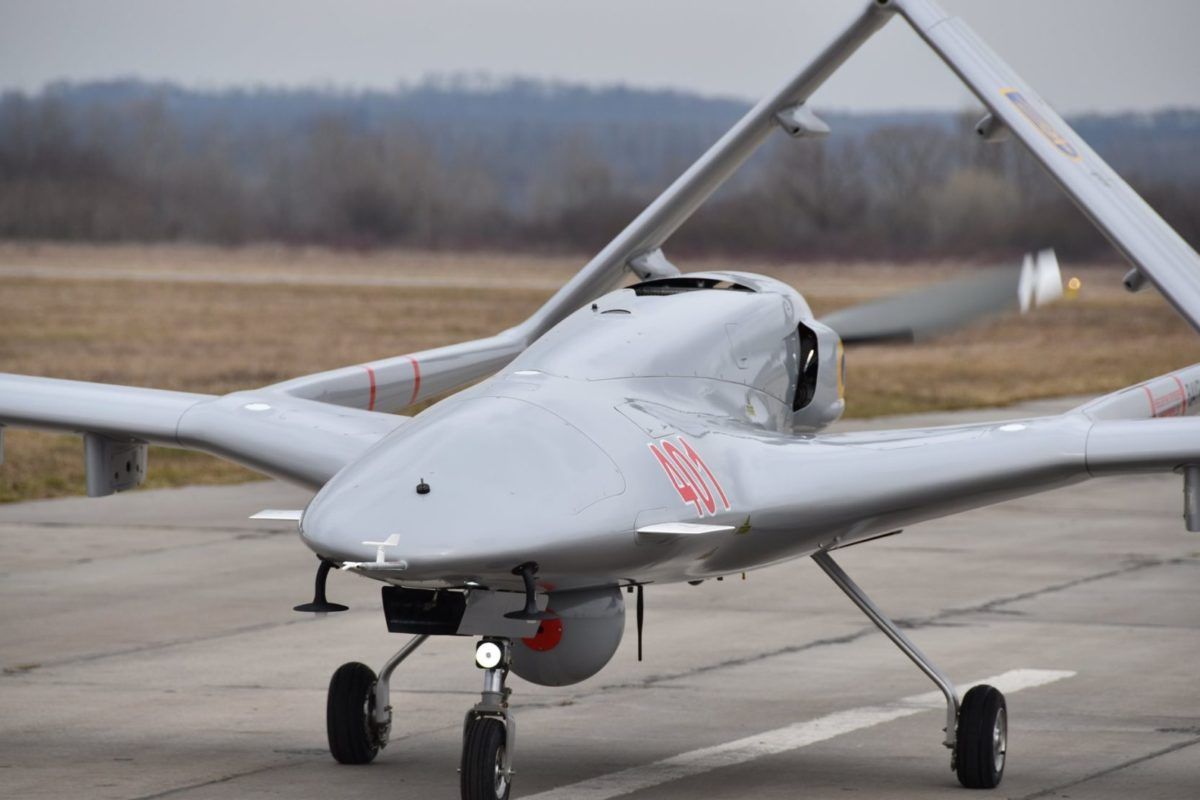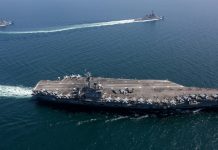
The Saudi Arabian order for the advanced Akinci drone has given a huge boost to the Turkish drone industry, which has already gained global recognition for its Bayraktar TB2 drone. The deal, which is the “largest ever” of its kind, reflects the growing demand for Turkish drones in the world market.
The defense contract was signed on July 18, in a ceremony attended by Turkish President Tayyip Erdogan, Saudi Crown Prince Mohammed bin Salman, Baykar (the Turkish defense company) representatives, and the Saudi Defense Ministry officials. The deal was a result of Erdogan’s diplomatic efforts to improve ties with the Gulf countries and support Ankara’s economy.
The Akinci, or “Raider” in Turkish, is a high-altitude, long-endurance Unmanned Aerial Vehicle [UAV] that can perform air-to-ground and air-to-air combat missions.
Haluk Bayraktar, the CEO of Baykar, hailed the agreement as the “biggest defense and aviation export contract” in history in a tweet. He also highlighted the technology transfer and joint production aspects of the deal, which would enhance the technological capacities of both countries.
Bayraktar also told Turkish media that another major deal for the purchase of smart munitions and other payloads from Turkey was underway, involving local production.
Baykar is a family-owned company, with Erdogan’s son-in-law, Selcuk Bayraktar, as the chairman. The company has earned international fame for its armed drones, especially the Bayraktar TB2, which proved its efficiency in conflicts in Azerbaijan and Ukraine. Turkey’s drone industry has witnessed remarkable growth and manufacturing capabilities in recent years, as evidenced by Baykar’s records, which show that the company exported $1.18 billion worth of drones and generated a revenue of $1.4 billion last year. This latest contract is a significant milestone for Turkey, which aims to become a global leader in drone technology, as President Erdogan declared in August 2021 when he inducted the first Akinci Unmanned Aerial Combat Vehicle (UCAV) into service.
The rising tension between Russia and Ukraine highlights the importance of drone warfare in modern combat. Saudi Arabia, a country in a volatile region, is well aware of this. Turkey has emerged as a pioneer in cutting-edge drone technology, displaying its combat Unmanned Aerial Vehicles (UAVs) globally. After the success of TB2, the focus has shifted to the more powerful and combat-ready drone, Akinci. Spotlight on Turkey’s Akinci Drone The Akinci, a military-grade drone, has impressive dimensions, with a length of 12.2 meters, a height of 4.1 meters, and a wingspan of 20 meters. It has a takeoff weight of 5,500 kilograms and can carry a maximum payload of 1,350 kilograms, flying up to an altitude of 40,000 feet [12,192 meters]. The Akinci surpasses its predecessor, the Bayraktar TB2, in terms of combat payload capacity. Military experts suggest that this increase could enable the Akinci to deploy more potent weapons and versatile operational strategies. The drone has already exceeded expectations in terms of performance.
Last year, the Akinci achieved a landmark feat by launching Turkey’s first air-to-ground supersonic missile, the TRG-230, hitting a target over 100 kilometers (62 miles) away. This has made the Akinci the only UAV capable of launching a ballistic supersonic missile from air to ground. Soon after this feat, the drone underwent a firing test with a next-generation guidance kit. The Akinci accurately dropped a 1,000-pound (455 kilogram) MK-83 bomb fitted with the Gökçe guidance system onto the designated target. The Akinci has since participated in a test with an Aselsan laser guidance kit, striking the target with flawless precision. The laser guidance system was used in conjunction with an MK-82 bomb manufactured by Aselsan during this trial. Besides its advanced radar and precision munition capabilities, the UCAV can also serve as a mothership for drone-swarm attacks.
In 2019, Prof. Ismail Demir, the director of Turkey’s Presidency of Defense Industries (SSB), shared a simulation of the indigenous ‘Alpagu’ kamikaze drones being launched by the Akinci drone on his Twitter account. Earlier this year, analysts had speculated of the drone becoming the world’s first to be equipped with an AESA radar.
A Turkish Twitter account that frequently shares updates about the Turkish military stated: “AKINCI will be the first UAV in the world to carry AESA radar and beyond-sight air-to-air missiles. In the test shot from AKINCI, the target over 100 kilometers was hit with Turkey’s first supersonic missile TRG-230-iHA.” The UCAV was also procured by Pakistan, a long-time ally of the Turkish defense industry, earlier this year. The affordability and proven combat effectiveness of Turkish drones have been key selling points. With Saudi Arabia’s recent purchase, it’s likely that the drone’s popularity will skyrocket in the affluent yet turbulent Gulf region.





